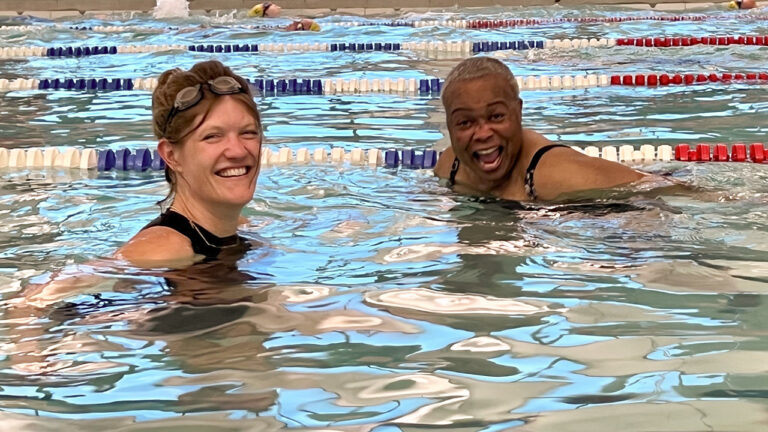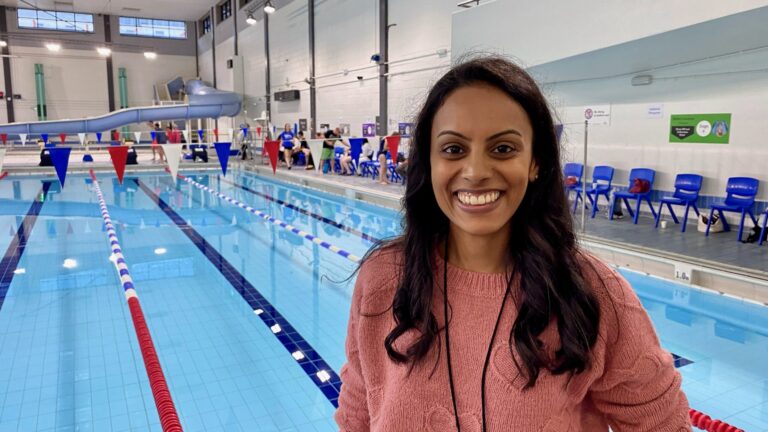Asthma is a common lung condition that causes occasional breathing difficulties. 5.4 million people in the UK are currently receiving treatment for asthma. There’s no cure at the moment, but there are treatments that can help keep the symptoms under control and to manage asthma attacks (also called episodes or exacerbations). Let’s hear from people with asthma about how it has affected their lives.
Misconceptions about Asthma
This year’s World Asthma Day theme is “Uncovering Asthma Misconceptions” so let’s review some of the myths about asthma.
- Some people think that asthma is a childhood disease and that individuals will grow out of it as they age, but it can actually occur at any age. It sometimes goes away or improves during the teenage years, but can come back later in life.
- Asthma isn’t infectious. However, viral respiratory infections (such as common cold and the flu) can cause asthma attacks.
- When asthma is well controlled, people are able to exercise and even perform top sport. We’ll discuss swimming later in this blog.
- Asthma is most often controllable with low dose inhaled steroids but not everyone reacts to treatment in the same way.
Asthma and Swimming
People with asthma tend to have difficulties doing physical activities but swimming is a great way to improve their breathing abilities. This is because it helps regulate the breathing rate, and the warm humid air in indoor pools helps opening up the airways contrary to cold weather and exercising outdoors which are triggers for asthma. This is because warm, moist air doesn’t irritate the lungs the way cold, dry air often does.
Additionally, indoor pools don’t expose you to outdoor allergens, such as pollen and mold spores. These substances are common symptom triggers for people with allergic asthma, which can make outdoor physical activity difficult.
Chlorine, a chemical used to sanitize pool water, may irritate people with asthma, because it dilutes in the air. It’s better to swim in a well-ventilated pool with high ceilings and ample space, which contribute to lower concentration of chlorine in the air.
People with asthma can actually excel at swimming. For instance, It didn’t stop Adrian Moorehouse from winning the 100m breaststroke gold medal at the Seoul Olympics and it didn’t stop Rebecca Adlington from collecting four medals from the Beijing and London Olympics.






